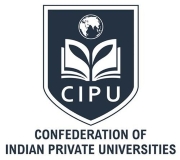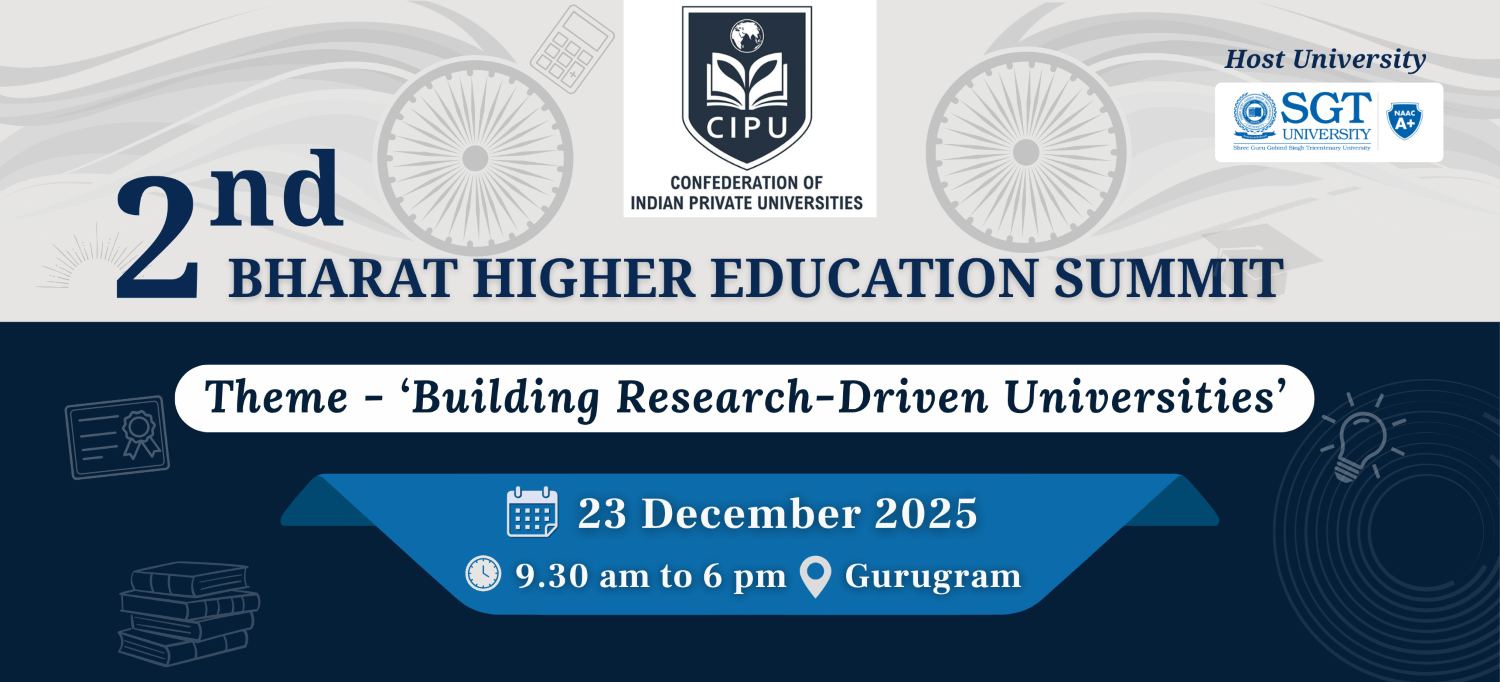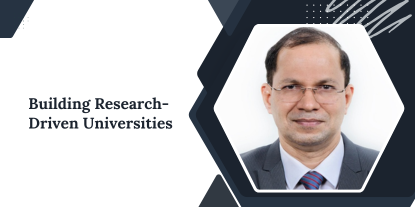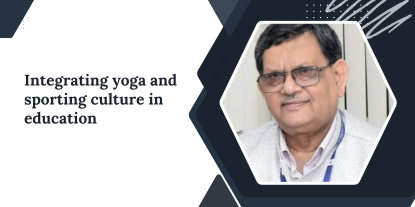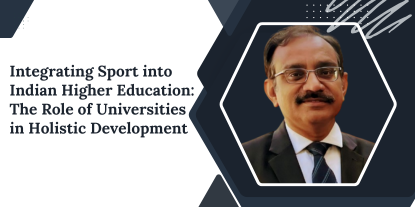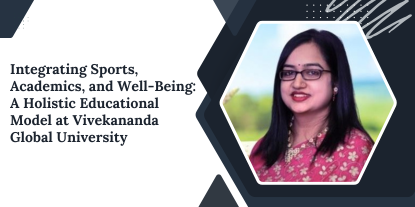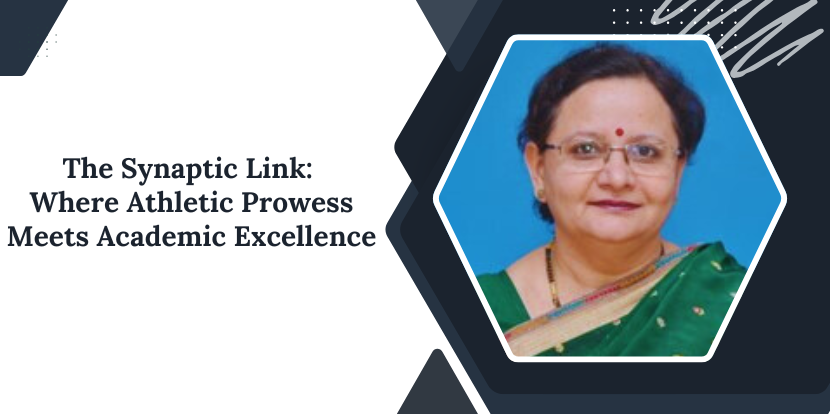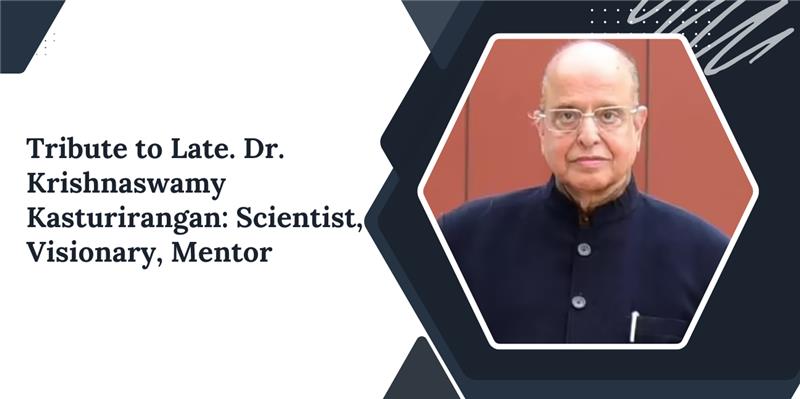
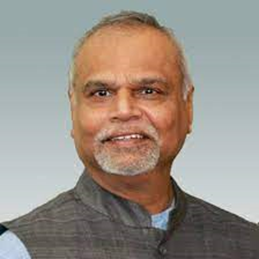
|
Prof. (Dr.) Bhushan Patwardhan
Distinguished Member CIPU Board of Advisors & Co-Chair Expert Advisory Group on Traditional Medicine World Health Organisation and National Research Professor Ministry of AYUSH, India |
Dr. Krishnaswamy Kasturirangan, Former Indian Space Research Organisation (ISRO) Chairman and Padma Shri awardee and architect of NEP 2020, passed away at 84, marking the end of an era of significant contributions to India's space program and educational reforms. His leadership at ISRO led to milestones like PSLV and GSLV, while his vision for NEP 2020 emphasized holistic and multidisciplinary education.
A Visionary Scientist and Leader
Born on October 24, 1940, in Ernakulam, Kerala, Dr. Kasturirangan’s academic journey began with a B.Sc. (Honours) from Ramnarain Ruia College, followed by an M.Sc. in Physics from the University of Mumbai. He earned his Ph.D. in Astronomy from the Physical Research Laboratory, Ahmedabad, in 1971.
As the fifth Chairman of the Indian Space Research Organisation (ISRO) from 1994 to 2003, Dr. Kasturirangan led India’s space program to remarkable achievements. Under his stewardship, ISRO operationalized the Polar Satellite Launch Vehicle (PSLV) and developed the Geosynchronous Satellite Launch Vehicle (GSLV). He was also instrumental in conceptualizing Astrosat, India’s first dedicated astronomy satellite.
His tenure saw the successful launch of several key satellites, including INSAT-2 and IRS-1A/1B, as well as the initiation of the Bhaskara I & II Earth observation satellites. A pioneer in high-energy astrophysics, Dr. Kasturirangan helped shape India’s space-based observatory programs, positioning the country at the forefront of space exploration.
Architect of Educational Reform
Beyond his scientific legacy, Dr. Kasturirangan was a towering figure in shaping India’s educational landscape. As Chairman of the Committee for the National Education Policy 2020, he envisioned a transformative, inclusive, and globally aligned education system that emphasizes holistic, multidisciplinary learning while staying rooted in India’s cultural ethos.
His vision extended to institutional leadership roles—as Director of the National Institute of Advanced Studies (NIAS), Member of Parliament (Rajya Sabha), and Member of the Planning Commission of India. He also served as President of several prestigious Indian science academies, reflecting his lifelong dedication to scientific advancement and education.
A Personal Reflection
I first met Dr. Kasturirangan in 2006 during my tenure with the Manipal Group in Bengaluru. That meeting blossomed into a deep and lasting mentorship that significantly shaped my professional journey.
Under his guidance, I contributed to impactful initiatives such as the Karnataka Knowledge Commission and the Emerging Directions in Global Education (EDGE) Forum, which he chaired. EDGE brought together leading Indian universities to foster an ecosystem of academic excellence, reminiscent of the Ivy League.
Dr. Kasturirangan’s commitment to integrating traditional Indian knowledge with modern science was evident in his support for the Foundation for Revitalization of Local Health Traditions (FRLHT), now known as the Trans-Disciplinary University (TDU). He was instrumental in establishing an Ayurveda and Integrative Medicine Hospital in Bengaluru through a Tata Trust endowment.
During my time as Vice Chairman of the University Grants Commission (UGC), collaborating with him on NEP 2020 was both a privilege and a learning experience. His clarity of vision, depth of wisdom, and unwavering dedication to national development left an indelible mark on all who worked with him.
A particularly cherished memory is his request that I personally deliver a copy of his memoir, Space and Beyond: Professional Voyage of K. Kasturirangan, to his mentor, Dr. E.V. Chitnis—a gesture that embodied the humility, respect, and gratitude that defined his life.
A Life of Dignity and Purpose
In his final days, Dr. Kasturirangan made a conscious and peaceful decision to cease the intake of food and water, leaving this world with the same dignity and awareness that marked every chapter of his life.
His departure is a profound personal loss and an irreplaceable void in the fabric of India’s scientific and educational community.
